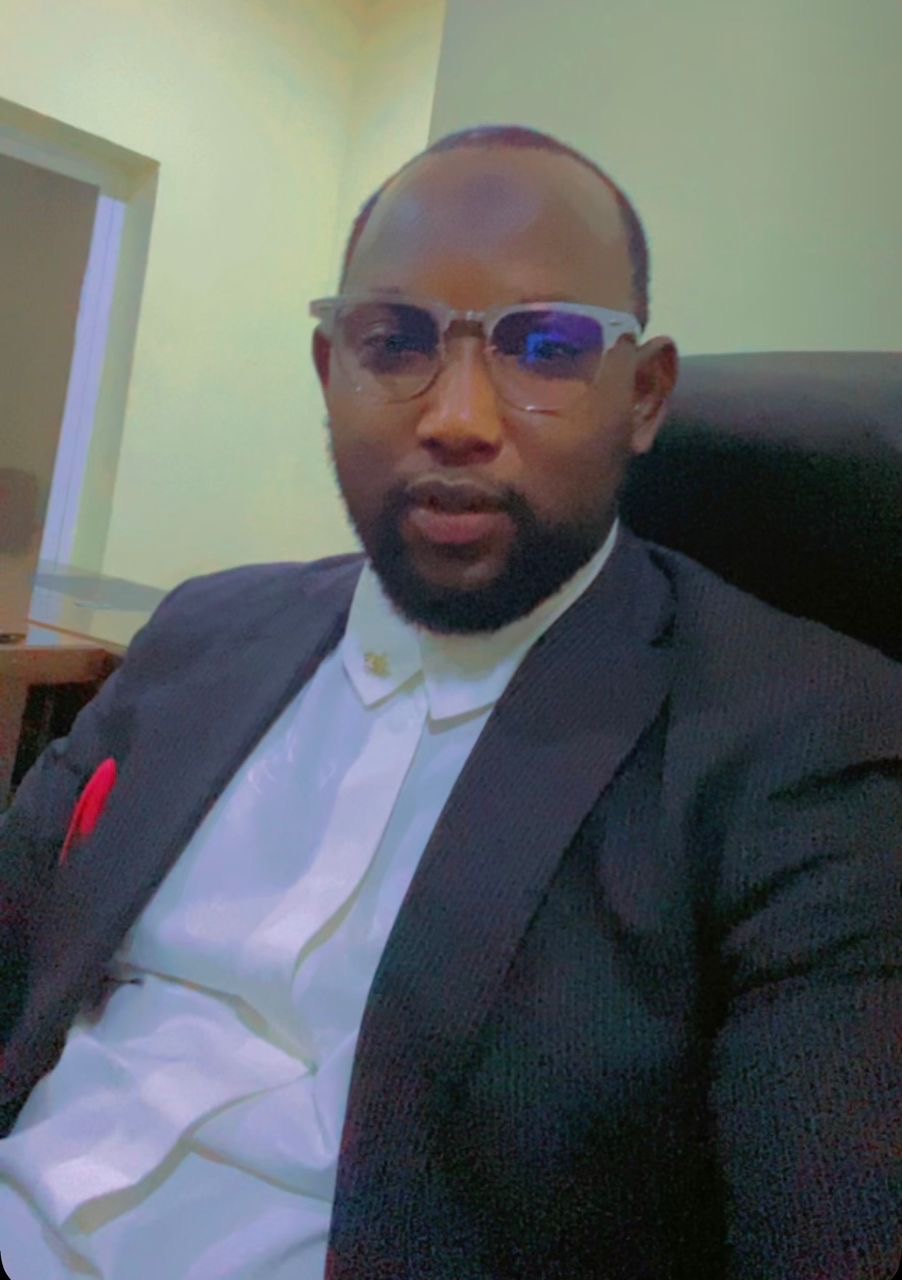Abuja, Nigeria — November 3, 2025:
A Nigerian legal practitioner and human rights advocate, Adamu Kabiru Adamu, has issued a strong statement reaffirming that the sovereignty and territorial integrity of Nigeria are non-negotiable, urging all foreign powers to respect the country’s independence and internal processes.
Adamu’s remarks follow recent reports and public statements suggesting potential foreign or U.S.-led intervention in Nigeria, allegedly proposed by former U.S. President Donald Trump. He warned that such actions would violate international law and undermine Nigeria’s stability.
In his statement, Adamu emphasized that no responsible citizen, regardless of religion or belief, should welcome any act of external aggression. Citing the outcomes of past interventions in countries like Afghanistan, Iraq, Libya, and Syria, he argued that military interference has historically led to deeper divisions and instability rather than peace.
“The United States and its allies have a long record of interventions that, rather than restoring peace, have left nations more divided and unstable. It is unrealistic to expect similar actions could bring progress to Nigeria,” Adamu said.
He further noted that the U.S. itself continues to face internal divisions and social challenges, adding that Washington should focus on resolving domestic issues rather than meddling in the internal affairs of sovereign nations.
Legal and Diplomatic Grounds
Adamu backed his argument with several international legal provisions, including:
• Article 2(4) of the United Nations Charter, which prohibits the threat or use of force against any state’s territorial integrity or political independence.
• Article 33(1), mandating peaceful dispute resolution through negotiation or mediation.
• The Revised ECOWAS Treaty (1993) and the ECOWAS Protocol on Conflict Prevention (1999), which call for non-intervention and regional cooperation.
• The Vienna Convention on Diplomatic Relations (1961), which forbids interference in the internal affairs of another sovereign nation.
He also referenced the landmark International Court of Justice ruling in Nicaragua v. United States (1986), which condemned unilateral U.S. military actions as violations of international law.
Nigeria’s Challenges Should Be Solved Internally
Acknowledging Nigeria’s ongoing security and governance challenges — including banditry, political conflicts, and weak institutional coordination — Adamu insisted these problems must be tackled internally through reform, leadership accountability, and institutional strengthening, not through foreign involvement.
“These domestic challenges do not justify or invite foreign interference,” he said. “What Nigeria needs is legitimate, accountable, and visionary leadership — not military threats from abroad.”
He called on the United Nations to reaffirm its commitment to non-intervention principles, urged ECOWAS to uphold regional peace and security frameworks, and appealed to diplomatic partners and civil society to support Nigeria’s peacebuilding and governance reforms through cooperation and mutual respect.
Adamu concluded by reiterating that Nigeria’s sovereignty must remain inviolable, and that the path to peace lies in good governance, transparency, and national unity — not external interference.





